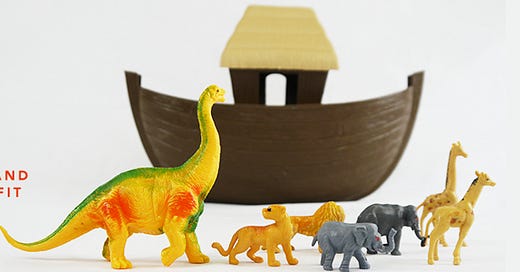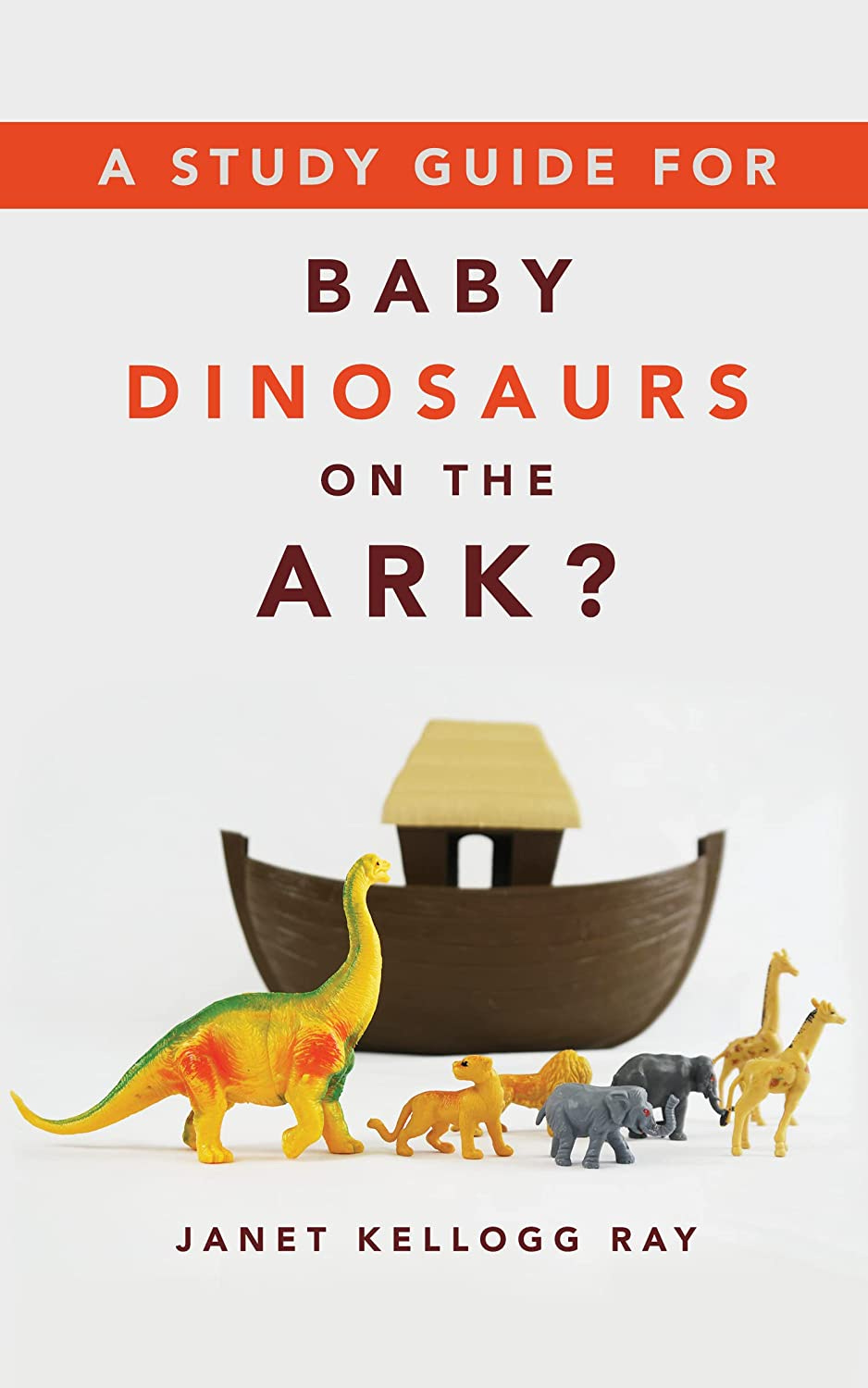“In the beginning God created the heavens and the earth,” says the Bible in Genesis 1:1.1 This claim is central to the Christian belief that God is the Creator of Life. This belief is also expressed in the earliest Christian creeds. For example, the Apostle’s Creed begins with the confession, “I believe in God, the Father Almighty, maker of the heaven and earth.” Similarly, the Nicene Creed begins with the confession, “We believe in one God, the Father Almighty, maker of heaven and earth, of all things visible and invisible.”
Beyond acknowledging God as the Creator, neither the Apostle’s Creed nor the Nicene Creed says anything about when or how God went about creating. Certainly not a word is said that offers a scientific explanation as to the formation process of creation and how creation went from its beginning to its current state. Some Christians may already want to object with a question about what the rest of the Genesis creation narrative says. Fair enough, but I don’t believe the purpose of the Genesis creation narrative was ever intended to be a scientific account of how creation came into existence, though I know there are Christians who will disagree. In a nutshell, my own view is that the purpose of the Genesis creation narrative is theological in that it is intended to convey who created us and for what purpose.2
My intent here is not to discuss the merits of interpreting the Genesis creation narrative and the issues associated with the text. I began with a mention of the two earliest Christian creeds to say that I believe it is possible and permissible for Christians to hold different beliefs on questions such as how old the earth is, whether the seven days of creation are literal or not, and so forth. What I dislike is the notion that people must choose between science and the Christian faith, as though one cannot accept the theories of modern science and believe in the Christian faith.
It is a false dichotomy to think that people must choose between science and the Christian faith. Whether or not you agree with every biological theory commonly accepted by most scientists, it is more than possible to accept the science and still be a Christian. My dislike for the false dichotomy stems from knowing young Christians who struggled with faith, sometimes losing their faith because they found the scientific evidence very credible but could not reconcile that evidence with the way they were taught to read the Genesis creation narrative as a literal-scientific and anti-evolution text that demands a Young Earth Creationist belief (creationism). For this reason, I really recommend reading Baby Dinosaurs on the Ark? by Janet Kellog Ray.3
I first read Ray’s book shortly after it was published because the subject matter interests me. The author is a science educator who teaches at the University of North Texas in Denton, Texas, one who accepts the scientific evidence for evolution and is a Christian. Throughout the book, Ray explains what science is and what it does and corrects misconceptions about science and scientific evidence.
The book also engages the different theories for the origins of creation and how it’s possible to reject creationism without rejecting God. On the second to last page, Ray writes:
Trying to force a modern understanding of science into an ancient document misses lots of boats. No only do we miss the message intended by the origional authors and compilers, we also force the Bible to be something it is not—a scientifically accurate natural history of the earth. When we read Genesis, we don’t learn about modern science, but we do learn about God.4
Whether or not you accept every claim made by modern science, what Ray said is spot on.
If this is an issue that is of interest to you, then get her book and read it. But there is more because Eerdmans Publishing has just released a study guide for this book.5 Each chapter highlights the points made by Ray in each chapter of the original book but also includes discussion questions followed by a small expansion on the topic that will allow for further reflection on the content. The study guide is intended for facilitating discussions, whether that be in a small group, Bible class, etc…
Anyway, if you haven’t already, I hope you will purchase both Baby Dinosaurs on the Ark? and A Study Guide for Baby Dinosaurs on the Ark?.
The Holy Bible, New International Version, NIV. Copyright © 1973, 1978, 1984, 2011 by Biblica, Inc. Used by permission. All rights reserved worldwide.
Two books I recommend reading are: 1) John H. Walton, The Lost World of Genesis One: Ancient Cosmology and the Origins Debate, Downers Grove: InterVarsity Press, 2009; Francis S. Collins, The Language of God: A Scientist Presents Evidence for Belief, New York: Free Press, 2007.
Janet Kellog Ray, Baby Dinosaurs on the Ark?: The Bible and Modern Science and the Trouble of Making It All Fit, Grand Rapids: Eerdmans, 2021.
Ibid, 184.
_____. A Study Guide for Baby Dinosaurs on the Ark?, Grand Rapids: Eerdmans, 2023.




